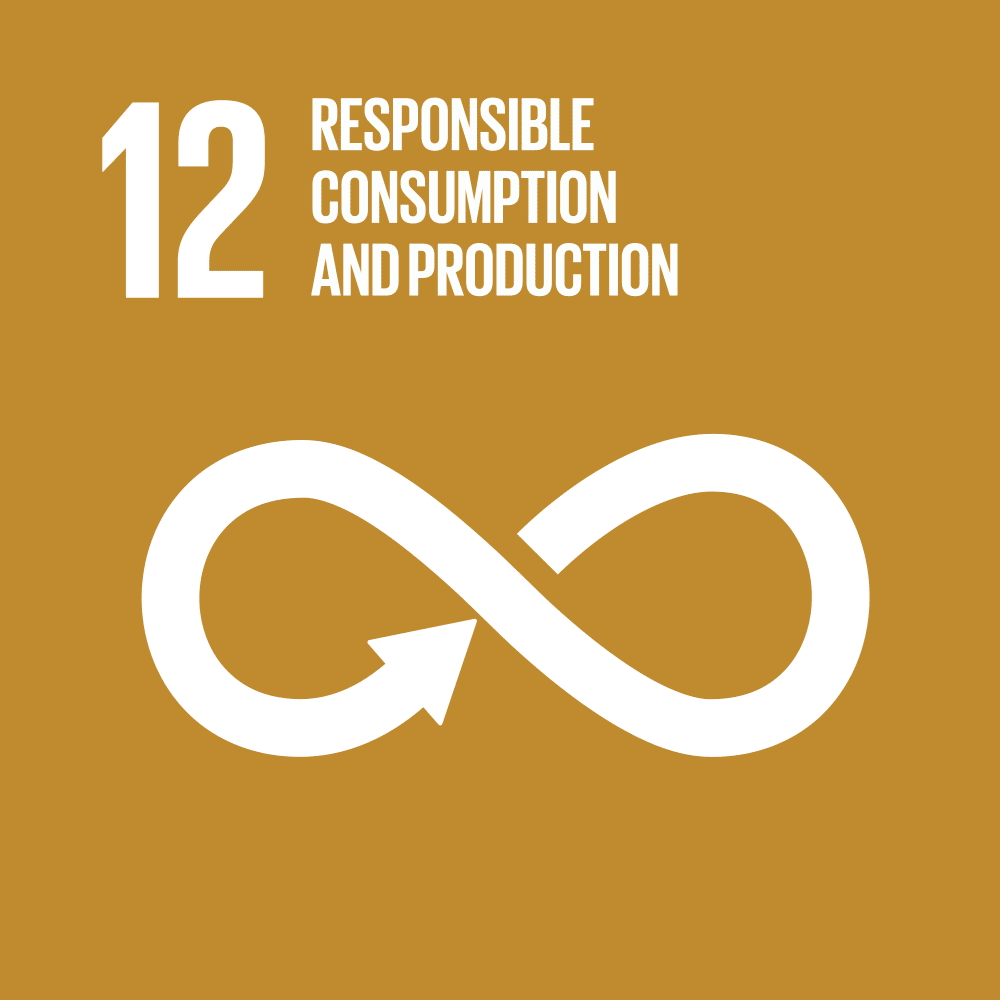+2348034099810 | dvcrti@unilorin.edu.ng dcredit@unilorin.edu.ng
Email: pmsdg@unilorin.edu.ng

OMONIGHO, AMOS OWEM (17/68CR009)
OIL PRODUCTION AND ENVIRONMENTAL REMEDIATION IN THE NIGER DELTA, 1956-2016
2023
Abstract
Oil exploitation has been a major factor in the economic transformation of Nigeria. Concomitantly, the Oil exploitation has been a major factor in the economic transformation of Nigeria. Concomitantly, the exploitation of oil has caused significant damages to the flora and fauna of the oil-bearing enclave of the Niger Delta. While the history of the deleterious impacts of oil production has received scholars’ attention, literature on environmental remediation is fragmentary. Thus, there is the need for a detailed study that will enhance the understanding of the problem and elicit stakeholders’ adequate response. This study, therefore, examined the nexus between environmental impact of oil production and the remediation efforts of stakeholders in the oil industry from 1956 to 2016. The objectives of the study were to: (i) analyse the perspectives of stakeholders on the causes of oil pollution; (ii) examine the environmental impacts of oil production in the region; (iii) assess the legal frameworks for environmental governance in the region; (iv) interrogate the dynamics of environmental remediation efforts in the region; and (v) discuss new approaches and best oil field practices in environmental remediation.
The study employed historical research methodology by using primary and secondary sources. Oral interviews were conducted with a cross section of oil business stakeholders and inhabitants of impacted sites in the Niger Delta. Extant archival materials were obtained at the National Archives, Ibadan, Department of Petroleum Resources, National Oil Spill Detection and Response Agency, and the National Environmental Standards and Regulations Enforcement Agency. The secondary sources consisted of relevant literature on crude oil business and oil exploitation in the Niger Delta; government publications, reports of independent bodies and relevant agencies, publications of the oil companies operating in the Niger Delta, newspapers, magazines and internet materials. All the sources were critically examined and interpreted.
The findings of the study were that:
The study concluded that while the major stakeholders in the oil industry have attempted a modicum of environmental remediation, yet this has not been far reaching and sustainable. It is therefore recommended that federal government agencies should enforce subsisting environmental standards and the oil companies should adopt bioremediation approach for sustainable remediation of oil polluted sites in the Niger Delta.